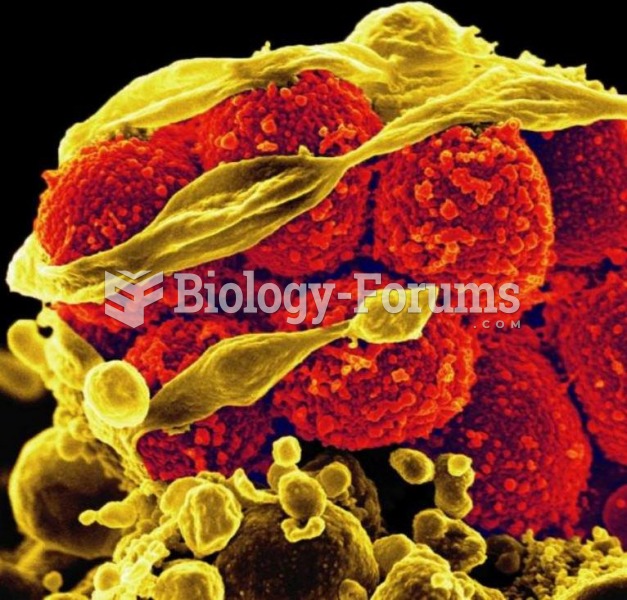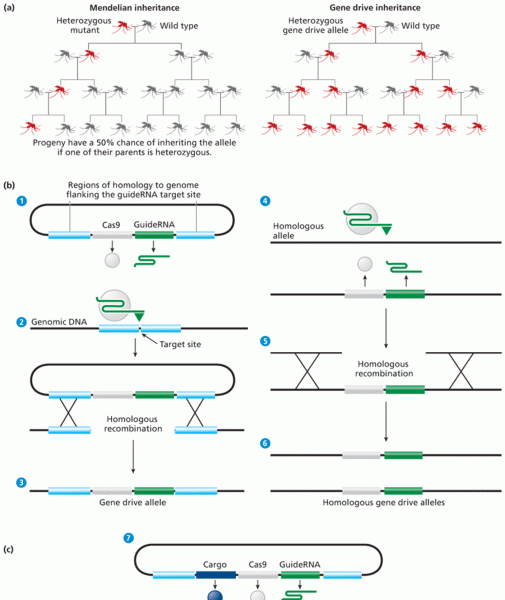|
|
|
The first oncogene was discovered in 1970 and was termed SRC (pronounced "SARK").
The tallest man ever known was Robert Wadlow, an American, who reached the height of 8 feet 11 inches. He died at age 26 years from an infection caused by the immense weight of his body (491 pounds) and the stress on his leg bones and muscles.
Parkinson's disease is both chronic and progressive. This means that it persists over a long period of time and that its symptoms grow worse over time.
The newest statin drug, rosuvastatin, has been called a superstatin because it appears to reduce LDL cholesterol to a greater degree than the other approved statin drugs.
Prostaglandins were first isolated from human semen in Sweden in the 1930s. They were so named because the researcher thought that they came from the prostate gland. In fact, prostaglandins exist and are synthesized in almost every cell of the body.
 A statue of a corn goddess of the Moche peoples of coastal Peru, around 400 BP. Within several centu
A statue of a corn goddess of the Moche peoples of coastal Peru, around 400 BP. Within several centu
 Soothing environments and familiar objects can help reduce behavioral problems with some dementia ...
Soothing environments and familiar objects can help reduce behavioral problems with some dementia ...





